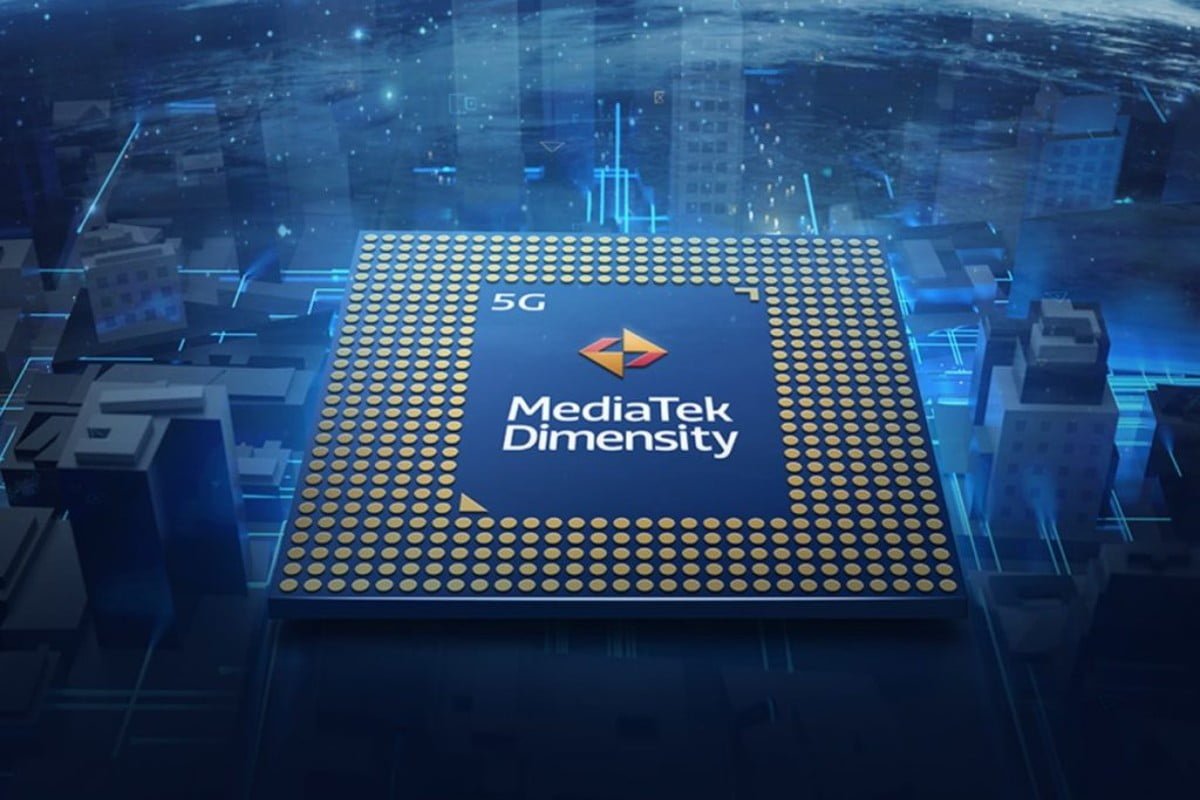The recent reports suggest that the latest processor from MediaTek – The MediaTek Dimensity 9000 chipset will cost twice as much as its predecessor, the MediaTek Dimensity 1200. This would mean that the devices equipped with MediaTek Dimensity 9000 SoC will also cost more than usual. Qualcomm is also expected to launch its Snapdragon 8 Gen1 processor this week at the tech summit, and MediaTek Dimensity 9000 will still be cheaper than the former.
The Details About the Chipset
The rumours have suggested that the new MediaTek Dimensity 9000 SoC will start shipping around March of next year, and the makers will also launch MediaTek Dimensity 7000 chipset following the release of the former, which has been designed to compete with the Snapdragon 870 chipset from Qualcomm. MediaTek Dimensity 9000 is expected to become the flagship chipset for MediaTek and will take over its predecessor MediaTek Dimensity 1200 from this year. Talking about the specifications of the chipset, it is expected to be built on a 4nm fabrication process which will not only enhance the performance of the device but will also be very power efficient. The flagship from MediaTek will be the sub-6 GHz 5G chipset and is expected to be the first processor to feature Cortex-X2 core in a smartphone, which will be clocked at 3.05 GHz. The upcoming chipset from MediaTek will also become the first chipset to feature Bluetooth 5.3. The cores of the chipset will include a single Cortex-X2 ultra core running at 3.05 GHz, which will be complemented by a cluster of three Cortex-A710 “super cores” clocked at up to 2.85 Ghz. These cores will be joined by a cluster of another four efficiency Cortex A510 cores clocked at 1.8 Ghz. Additional details on the chipset suggest that it will feature LPDDR5x RAM with a speed of up to 7500 Mbps and has 14MB of cache. As of now, it is anticipated that the device will be launched in February of the next year, and speculations suggest that Redmi K50 could become the first smartphone to feature the upcoming flagship chipset from MediaTek. The makers have claimed that the chipset could provide as much as four times the performance and power efficiency as compared to its predecessors.
